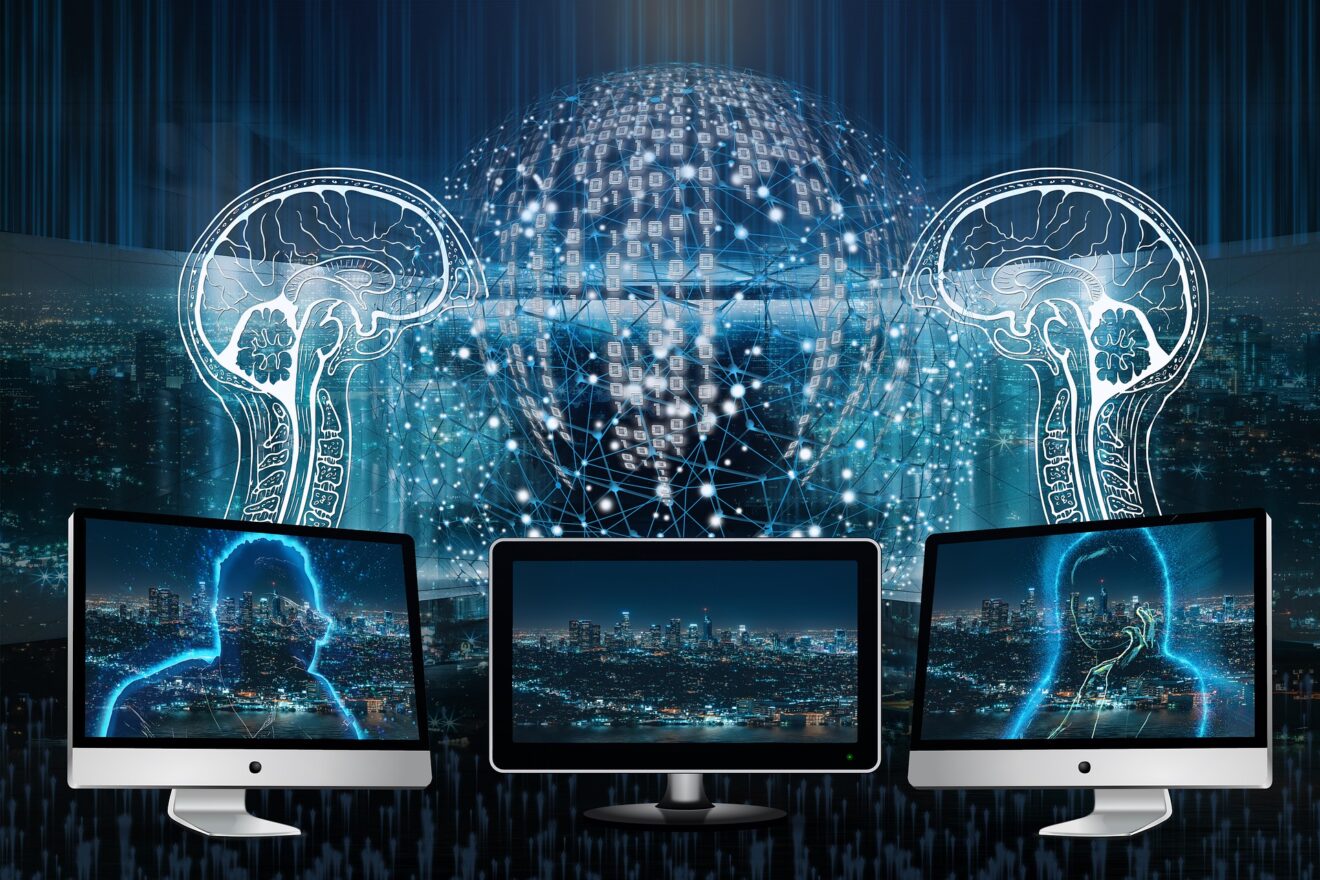Artificial intelligence can do so many things for brand marketers. It can quickly analyze many megabits and even terabytes of data and give marketers recommendations. It can spot trends. And it can automate so many other, labor-intensive tasks.
When it comes to content though, can AI create something out of nothing?
Before I dig into the answer to that question, let’s back up a bit and talk about content creation, human vs. machine. It’s generally accepted that anyone who creates written or graphic content does so using one’s own experience – including experiencing others’ content. The practice is accepted as long as it doesn’t turn into plagiarism.
When a machine does that, it’s stealing. And, of course, tests the ethics of marketers. In the current landscape, AI content generators take the hard work of others – copyrighted material, intellectual property and others’ creativity – and combine them into something else.
Are these creations really different and unique? Perhaps, they’re only slightly different – and still recognizable to the original works.
This is where the challenge of AI-generated content meets reality. Already, there are lawsuits challenging AI-generated photos and other artwork. For example, Getty Images accused Stable Diffusion of “brazen infringement of Getty Images’ intellectual property on a staggering scale,” reports The Verge. In addition, several artists have filed a class action lawsuit against DevianArt, Midjourney and Stability AI, per Ars Technica.
AI versus AI
AI also could get you in trouble with, ironically, other AI systems, per B2B content marketer Casey Nobile, writing for Skyword:
“Those who become overly dependent on AI-generated content could easily find themselves at a significant disadvantage when detection algorithms, blocking tools and data-usage regulations catch up to rebalance the scale in favor of consumers’ demand for authentic, high-quality content.”
Can AI truly create content that is original enough to where there is no discernable similarity to others’ creations it “experienced?”
And, can it do a better job than people-powered content? Can content created by AI relate to your audience? Can AI content truly echo a brand’s positioning?
Most marketers who’ve delved into AI content creation have focused on idea generation. Helping writers and graphic designers get direction for their creativity, which they then refine and improve. That’s fine – brainstorming, even if from a machine, rarely hurts. (Kent Lewis offers other uses for AI tools like ChatGPT.)
But, should today’s AI really be used for content creation?
While the machines are coming, for the foreseeable future, there are still plenty of areas within marketing where the human mind just can’t be beat.
If you liked this article, sign up for SmartBrief’s free email newsletter on Marketing Innovation. It’s among SmartBrief’s more than 250 industry-focused newsletters.
